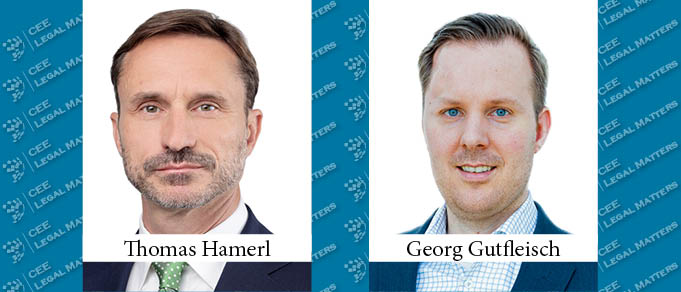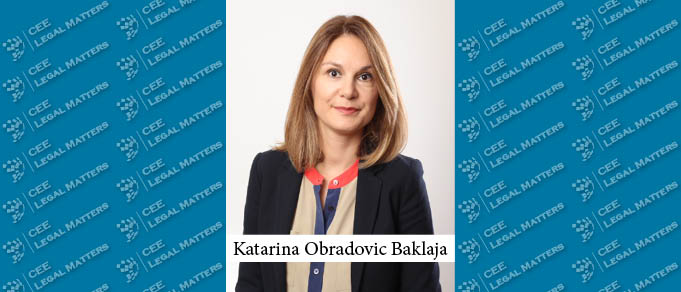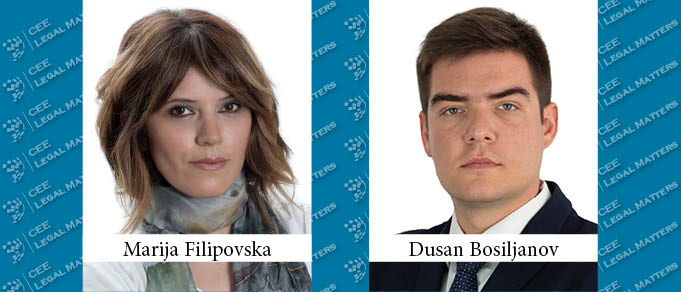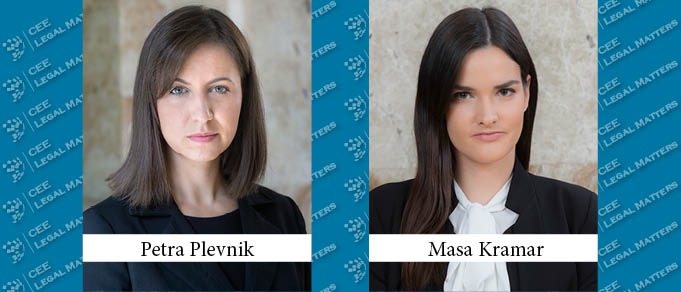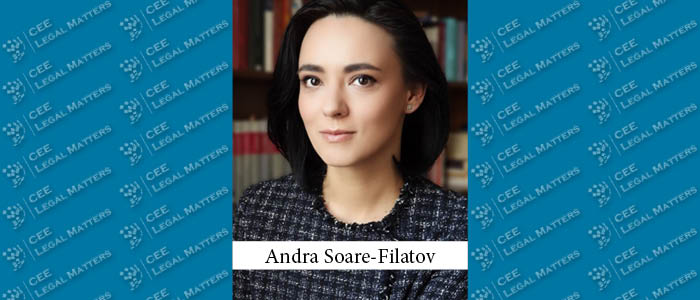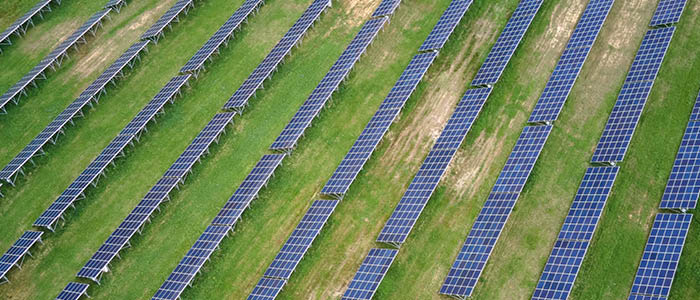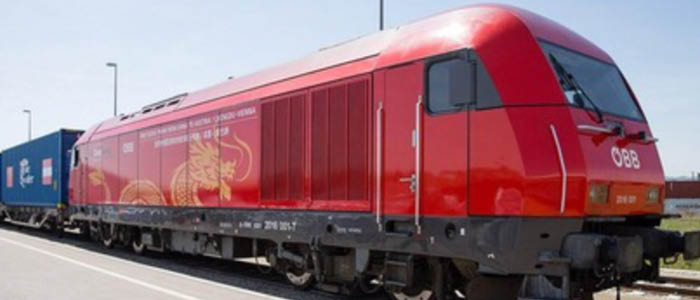On April 13, 2021, CEE Legal Matters reported that the Vilnius office of Walless had advised the founders of the Alwark Group on the sale of 66% of their shares in the company to the KJK Fund III. CEE In-House Matters spoke with Gediminas Simkus, Member of the Board of the Alwark Group, to learn more about the sale.
Oleksandr Diuhovskyi Moves to BGS Rail as Head of Legal Department
Deputy Director of JSC Ukrainian Railway’s Legal Affairs branch, Oleksandr Diuhovskyi, has moved to BGS Rail as Head of Legal Department.
New Rules for a Public Charging Point Register in Austria
The increasing use of electric vehicles (EVs) in Austria means the supporting infrastructure requires constant development. The Austrian federal government program 2020-2024 envisages expanding the Austrian network of charging points for alternative fuels as an essential pillar of its drive towards implementing sustainable mobility solutions. In September 2020, the Austrian government followed through with its agenda by proposing the Austrian Renewable Energy Expansion Act (Erneuerbaren-Ausbau-Gesetz, EAG), which includes an amendment of the Austrian Act on Uniform Standards for Alternative Fuels Infrastructure Developments (Bundesgesetz zur Festlegung einheitlicher Standards beim Infrastrukturaufbau für alternative Kraftstoffe, BGFS). The EAG has recently been approved by the government and is now subject to discussions/approval by the Austrian parliament. The cornerstone of the amendment, which is expected to enter into force in the second half of 2021, involves establishing a public charging point register so that EV drivers can locate publicly accessible charging points when they need them and obtain other relevant information.
Development of Transportation Infrastructure a Priority for Serbia
The development of infrastructure has been a long-standing priority in Serbia. The National Investment Plan (Serbia 2025) announced by the Serbian Government in December 2019 anticipated the allocation of approximately EUR 14 billion to major development projects to be completed by 2025. Most of the funds are to be allocated for infrastructure projects, including road, rail, air, and water upgrades.
The Current Status of Montenegro’s Transportation Sector
The transportation sector is one of the most important factors for a country’s progress. Montenegro’s transportation sector has been transforming over the past few years towards the goal of harmonizing its infrastructure and services with European Union regulations. The Transportation Development Strategy of Montenegro for 2019-2035 (the “Strategy”) was adopted to regulate the guidelines and plans for future projects as well as to present the current state of the transportation sector in Montenegro. The Strategy aims to improve transportation in Montenegro and thus significantly enhance both tourism and business.
“Little Schengen” Project in a Nutshell – What Does It Mean For Your Business?
If the Western Balkan countries are in your business spotlight, you must have heard about the “Little Schengen” project that was discussed between the governments of Albania, Serbia, and North Macedonia, and the signing of the consequent Declaration on Establishment of Free Movement of People, Goods and Services on October 10, 2019 between the leaders of these countries (“Little Schengen Declaration”). Although it may be argued that the “Little Schengen” project comes as an answer to the fact that the “Big Schengen” is still out of the reach for these Balkan countries, closer economic cooperation between the Western Balkan countries is a trend that’s being going on for a while. In particular, four months prior to the signing of the Little Schengen Declaration, North Macedonia and Serbia signed an agreement to establish joint controls at the border crossing point of the road between North Macedonia and Serbia (the “Bilateral Agreement”).
Can EU Member States Protect Vital Air Routes After the Bankruptcy of National Air Carriers by Subsidizing Those Routes?
Slovenian national air-carrier Adria Airways is one of many European airlines that filed for bankruptcy in 2019. While passengers with planned trips and prepaid tickets were left to their own ingenuity, the Slovenian Government worried about the effects of Adria Airways’ bankruptcy on Slovenia’s air traffic and important airline connections from Ljubljana Airport to other important cities and regions.



